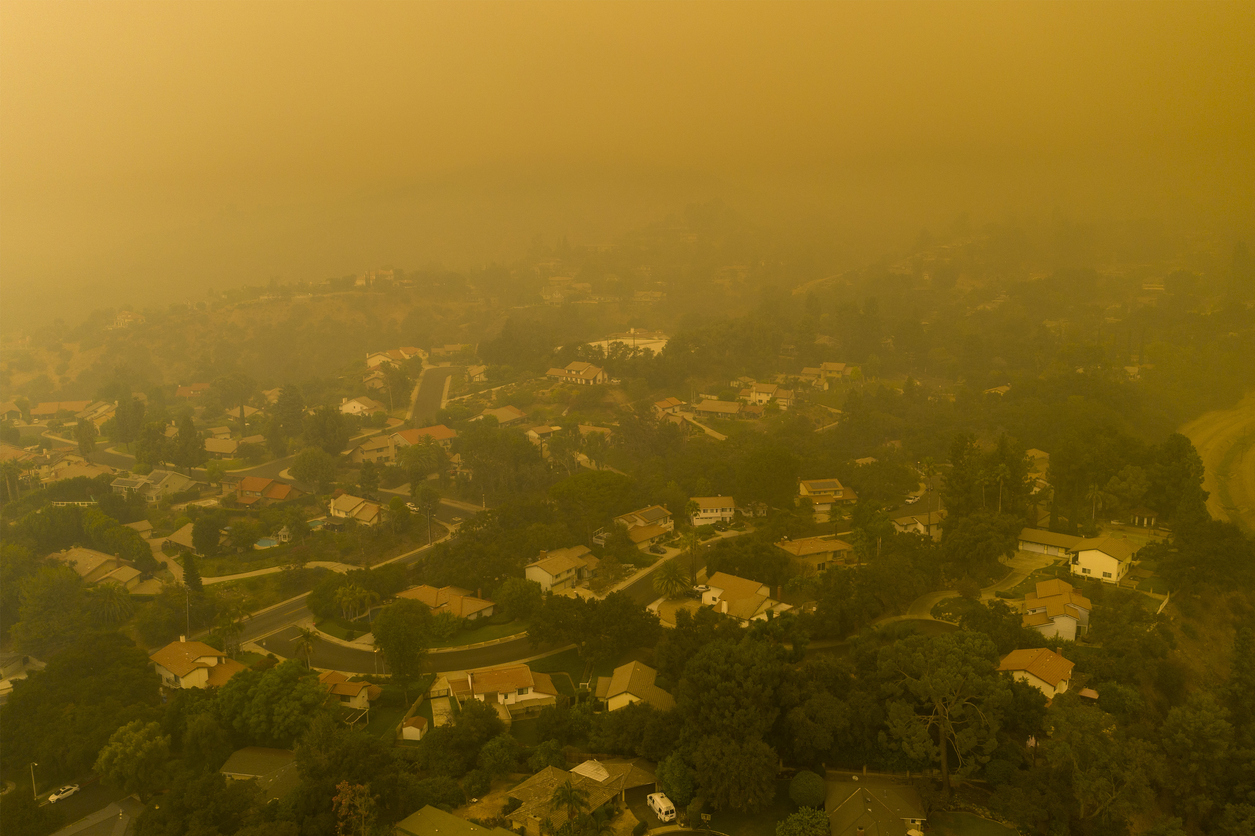September 2011 will mark one year following the devastating Boulder County Fourmile Canyon Fire, and Colorado policyholders must be aware of insurance policy deadlines and their rights. The scope of repair, cost of replacement, and amount of coverage for additional living expenses are often the subject of property insurance litigation against insurance companies. Homeowner replacement cost policies usually contain coverage for all of these, and insurers have a duty to work with the insured when building conditions, availability of contractors or materials, weather, or the insurer’s delays prevent the insured from completing repairs or replacement within one year or within the additional living expense time limit in the policy.
In Thompson v. Shelter Mut. Ins., 875 F.2d 1460 (10th Cir. 1989), the policyholder’s home and personal property were damaged by fire. Shelter Insurance admitted coverage under the policy, but only paid $500 of additional living expense money to its insured immediately after the fire. Shelter delayed another five and a half months before paying another $1500. The policy had a limit of $5,000 on additional living expense payments, but Shelter Insurance refused any additional payment because it disputed the amount of the insured’s structure repair claim. The insured refused to accept the estimates of Shelter’s contractors as the basis for a settlement.
Shelter argued it did not breach the contract or act in bad faith because,
it had no duty to pay any living expense money until the parties agreed upon Shelter’s liability for repair costs, and, because the district court found a bona fide dispute between the parties as to such costs, Shelter’s refusal to make the living expense payments was reasonable and in good faith as a matter of law.
The 10th Circuit Court of Appeals declared Shelter’s argument meritless.
This argument does not impress us . . . ‘[u]nwarranted delay precipitates the precise economic hardship the insured sought to avoid by purchase of the policy.’
* * *
This especially is true with additional living expense payments, the function of which is to enable the insured to maintain, insofar as possible, the pre-fire standard of living during the period of repair and replacement. An unresolved dispute as to other policy claims does not as a matter of law excuse the failure of the insurer to pay living expense benefits, when the liability for such benefits is undisputed.
This case shows that a dispute with an insurer over scope of repair or cost to replace does not entitle the insurer to refuse payment under other applicable provisions of the policy.
Unavailability of competent contractors, difficulty in obtaining proper building materials, increased building materials costs, weather, and other factors may also affect Colorado policyholders’ rights. Boulder County includes some areas that are mountainous, remote, and difficult to access due to elevation or steep driveways and narrow dirt roads. The area is generally known to have higher costs of building materials and labor. These factors may prevent policyholders from completing repair or replacement within time limits contained in a policy, or within the time period allowed for payment of additional living expenses.
The Colorado Division of Insurance has made clear that insurers should work with policyholders and allow them additional time based on the above factors. Equally important, the Colorado Division of Insurance specifically noted in its January 2011 bulletin that estimating programs (such as Xactimate) may be used as a tool, however, total reliance on these estimating programs, without consideration of Boulder County market rates for materials, is improper.
Bulletin B.5.28, Equitable Payment of Claims Resulting from the Fourmile Canyon Fire, states,
III. Division Position
On September 7, 2010 Governor Ritter issued Executive Order D 2010-012 declaring a Disaster Emergency due to the Fourmile Canyon Fire.
The Division is aware that 169 residential properties were destroyed as a result of this natural disaster . . . the victims of the Fourmile Canyon Fire may be faced with challenges and limitations which are beyond their control. The availability of contractors and materials as well as inclement weather restrictions may prevent homeowners from beginning the rebuilding process. Additionally, traditional methods of determining the cost to rebuild may not be adequate to fully address the special characteristics of the location and architecture of these properties.
Therefore, the Division is strongly encouraging insurance companies consider the following:
While some insurance contracts offer more, most standard homeowner contracts include twelve (12) months, or 30 percent, of Additional Living Expense coverage. The Division is requesting insurers extend the twelve (12) month Additional Living Expense time constraint (subject to the coverage limit) to provide adequate time for Fourmile Canyon Fire victims to rebuild their dwellings and other structures.
Any policyholder with replacement cost provisions shall be entitled to complete repairs to the property and replace contents. If the policyholder has made a good faith effort to adhere to the policy provisions and has requested an extension within the applicable time period, the insurance company should provide a reasonable extension of time to allow the policyholder, with a replacement cost provision, to receive benefits of replacement cost coverage value of the covered damage that has been repaired or replaced, without reduction due to depreciation.
. . .
While the use of an estimating program may be a tool in determining the cost of rebuilding a dwelling, the insurer should consider other factors which may not be included in the estimating program. Specifically, the slope of land, building grade of the dwelling and availability of labor and materials, generally, will impact the actual cost to rebuild. An insurer’s refusal to consider additional information related to the cost to rebuild a particular dwelling may constitute a violation of § 10-3-1104 (1)(h)(IV), C.R.S.
Insurers shall also comply with § 10-4-120 (3), C.R.S. and pay the prevailing competitive market price in the geographic area of the Fourmile Canyon Fire.
As September 2011 approaches, victims of the Fourmile Canyon Fire who have been unable to complete repairs, rebuild, or return to their homes should consider further negotiations with their insurer and consult an attorney if the insurer refuses to extend any policy time limits.



